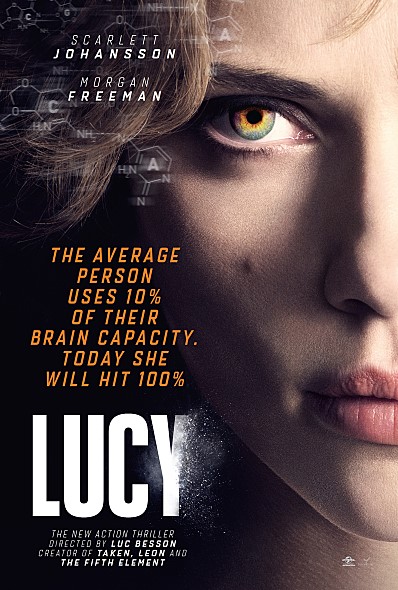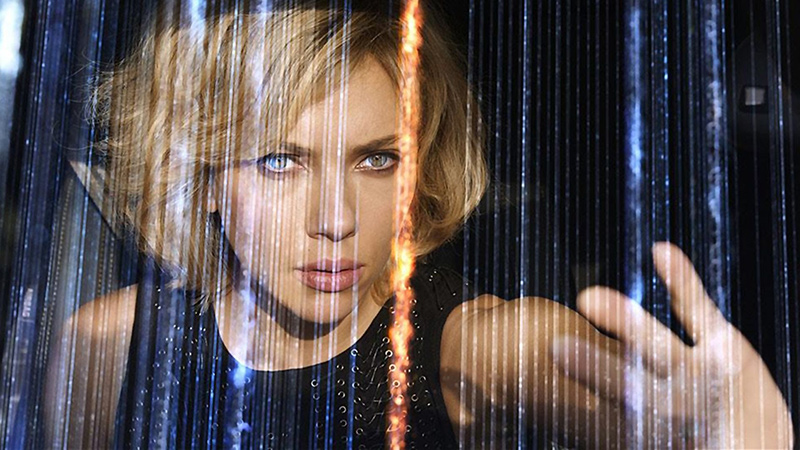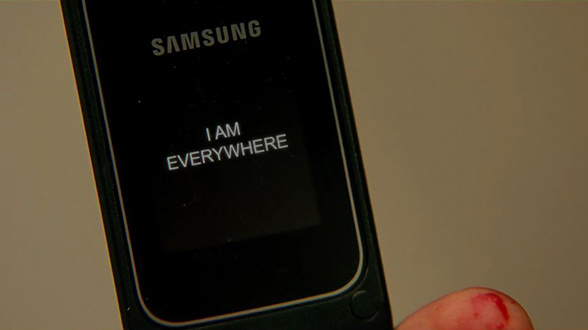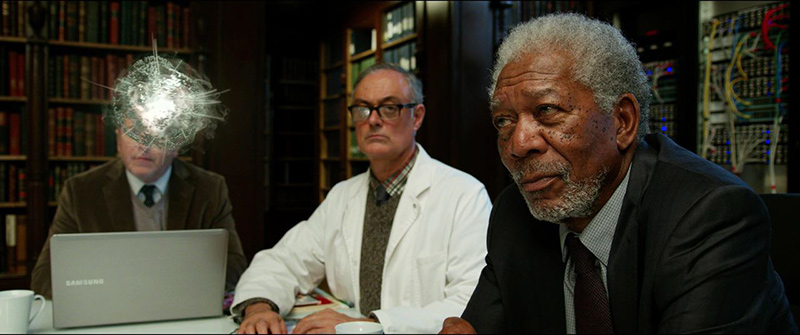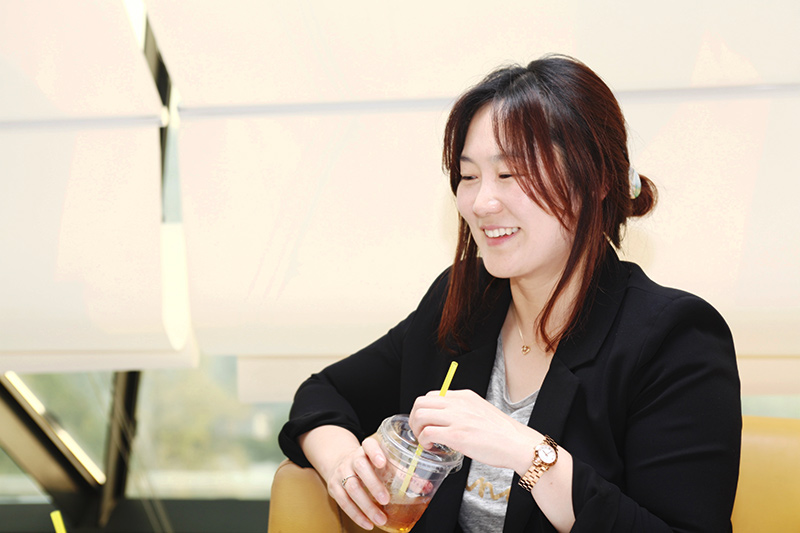주메뉴
- About IBS 연구원소개
-
Research Centers
연구단소개
- Research Outcomes
- Mathematics
- Physics
- Center for Underground Physics
- Center for Theoretical Physics of the Universe (Particle Theory and Cosmology Group)
- Center for Theoretical Physics of the Universe (Cosmology, Gravity and Astroparticle Physics Group)
- Dark Matter Axion Group
- Center for Artificial Low Dimensional Electronic Systems
- Center for Theoretical Physics of Complex Systems
- Center for Quantum Nanoscience
- Center for Exotic Nuclear Studies
- Center for Van der Waals Quantum Solids
- Center for Relativistic Laser Science
- Chemistry
- Life Sciences
- Earth Science
- Interdisciplinary
- Center for Neuroscience Imaging Research (Neuro Technology Group)
- Center for Neuroscience Imaging Research (Cognitive and Computational Neuroscience Group)
- Center for Algorithmic and Robotized Synthesis
- Center for Nanomedicine
- Center for Biomolecular and Cellular Structure
- Center for 2D Quantum Heterostructures
- Institutes
- Korea Virus Research Institute
- News Center 뉴스 센터
- Career 인재초빙
- Living in Korea IBS School-UST
- IBS School 윤리경영


주메뉴
- About IBS
-
Research Centers
- Research Outcomes
- Mathematics
- Physics
- Center for Underground Physics
- Center for Theoretical Physics of the Universe (Particle Theory and Cosmology Group)
- Center for Theoretical Physics of the Universe (Cosmology, Gravity and Astroparticle Physics Group)
- Dark Matter Axion Group
- Center for Artificial Low Dimensional Electronic Systems
- Center for Theoretical Physics of Complex Systems
- Center for Quantum Nanoscience
- Center for Exotic Nuclear Studies
- Center for Van der Waals Quantum Solids
- Center for Relativistic Laser Science
- Chemistry
- Life Sciences
- Earth Science
- Interdisciplinary
- Center for Neuroscience Imaging Research (Neuro Technology Group)
- Center for Neuroscience Imaging Research (Cognitive and Computational Neuroscience Group)
- Center for Algorithmic and Robotized Synthesis
- Center for Nanomedicine
- Center for Biomolecular and Cellular Structure
- Center for 2D Quantum Heterostructures
- Institutes
- Korea Virus Research Institute
- News Center
- Career
- Living in Korea
- IBS School
News Center
|
Scientists talk science in movies Lucy (2014)- The sci-fi thriller traces the exploits of an American student unwittingly involved in a European drug smuggling operation, only for her to acquire enhanced physical and mental capabilities -
The 2014 sci-fi thriller from French director Luc Besson was both praised and slated by fans and critics. The spurious plot relies on a well-known yet scientifically fallible claim: Humans use 10% of the brain's full capacity; what would happen, the film poses, if one was to unlock 100%? The film – 90 minutes all told - depicts the astonishing physical and mental attributes of 'unlocking' 100% of capacity. The title character, portrayed by Scarlet Johansson, is deceived into delivering a powerful drug to a crazed Korean drug lord played by the excellently entertaining Choi Min-Sik. Lucy is then forced into internally concealing the drugs only for the blue package to rupture, releasing the potent drug – CPH4 – into her system whereupon it immediately activates 20% of her brain's capacity and keeps upping until the movie reaches its violent and bizarre conclusion.
Dr. HEO Chaejeong sinks into a snug beige chair on the fifth floor of a modern library on Suwon's Sungkyunkwan University campus and smiles knowingly, "Well yes, there is no such thing as the '10% theory'; in fact the brain uses its full capacity for a specific action. The excitation and inhibition of neurons is always in balance for a specific action or behavior. Therefore, if people think that the activation of the brain can interpret the excitation of nerves, well, that's not true. The inhibition is more important for the operation of the brain. Initially, I didn't go out of my way to watch the film. Truth is, I was on a flight to the States and it was the only movie related to the brain so I watched it. The science didn't appeal to me, but the director's imagination and interpretation of the brain did. His own expression was interesting to me and his creativity- being able to portray such an event as unlocking all the brain's capacity - greatly appealed to me. After the movie ended I spent a long time on the flight thinking of the philosophical aspects of the movie. I enjoyed it." Chaejeong began her academic career studying physics before switching to neurobiology and gaining her Ph.D. "I was always interested in questioning where we are, where we came from, and most importantly, what happens to us after this life? I was a curious student and always wondering about these things. I'm interested in the linear/ non-linear way of thinking, looking at a problem logically and also creativity; by combining physics and neuroscience it allows me a greater scope to satisfy this questions."
Dr. Heo's insatiable appetite for answers and knowledge is similar to the heroine in the movie. After reaching 40% cerebral capacity Lucy controls and bends matter around her, is immune to pain and fear, is clairvoyant and telepathic – the higher her cerebral capacity the more amazing skills she acquires; perfect marksmanship; extreme agility; telekinesis; and control of TVs and mobile phones from thousands of miles away. She reads all the known research on the brain and begins to formulate ideas that try to explain her situation and thus further humanity's knowledge of the workings of the brain. "I wasn't particularly fond of the plot but the movie poses interesting questions. The 'depth' of the movie – how Lucy awakens to the inner workings of her body and brain, and comes to understand it and even harnesses its great energy – is akin, on a level, to mediating; going deep inside yourself to a point where your mind is blank, where you're able to cleanse and free yourself from stress and negative thoughts. Afterward you feel lighter and refreshed and the answers you were looking for are easier to find, in fact they were always there but clouded by other unnecessary thoughts."
Chaejeong admits that the violence in the movie, particularly the end, did not appeal to her. However, as Lucy begins to increase her capacity she masters matter and dips back in time witnesses the first human drink at a steam, gazes upon a dinosaur stalking their lunch before traveling into space to watch in awe as the universe comes into being. "Lucy's ability to connect with the universe and travel back in time to the beginning of everything – that was very impressive to me and I liked the director's interpretation. It wasn't scientifically sound but that wasn't the point of the movie for me." Whilst working at the IBS Centre for Neuroscience Imaging Research, the young Korean doctor developed a soft, transparent, freely accessible cranial window for direct brain monitoring over an indefinite period. Previous to Chaejeong's invention observing the brain was cumbersome and uncomfortable for the test subject. "The material I use is like a lens – very clean, clear, soft, flexible and transparent – that permits a direct view of the brain where we can chronicle the lives of cells. We are able to penetrate through this material and deliver chemicals or electrodes and record the effects. Many professors and experts are interested in this cranial window technique and have asked me if they can use it. I also developed an application method, similar to an ultrasound machine, which allows a non-invasive view of the brain. It could be used to unlock the many mysterious of the brain. I'm working with a Dutch company on developing a patent. The company will build the product; it uses a small amount of power and, most importantly, is non-invasive. I'm very curious about the brain and I want to know how it works."
"I'm not sure when I'll get another opportunity to discuss a movie," says the grounded and precocious doctor. "I guess I would recommend Interstellar, but it might be another three years before I can sit, relax and take in another film." And with that, the Korean doctor sets off to her lab to continue her research on the brain, the memory of Lucy lingering long in her mind. Lucy (2014)
Director: Luc Besson Screenplay: Luc Besson Cast: Lucy (Scarlett Johansson), a young American student in Taiwan, stumbles into the murky world of drug smuggling controlled by a sadistic Korean crime lord (Choi Min Sik). Her brain is permanently altered by an illegal synthetic drug, CPH4 – her physical and mental capabilities evolve beyond human comprehension and she seeks out the help of neuroscientist Dr. Samuel Norman (Morgan Freeman), perhaps the only human who's capable of comprehending her situation and helping her to document her brain phenomenon. |
| Next | |
|---|---|
| before |
- Content Manager
- Communications Team : Kwon Ye Seul 042-878-8237
- Last Update 2023-11-28 14:20










